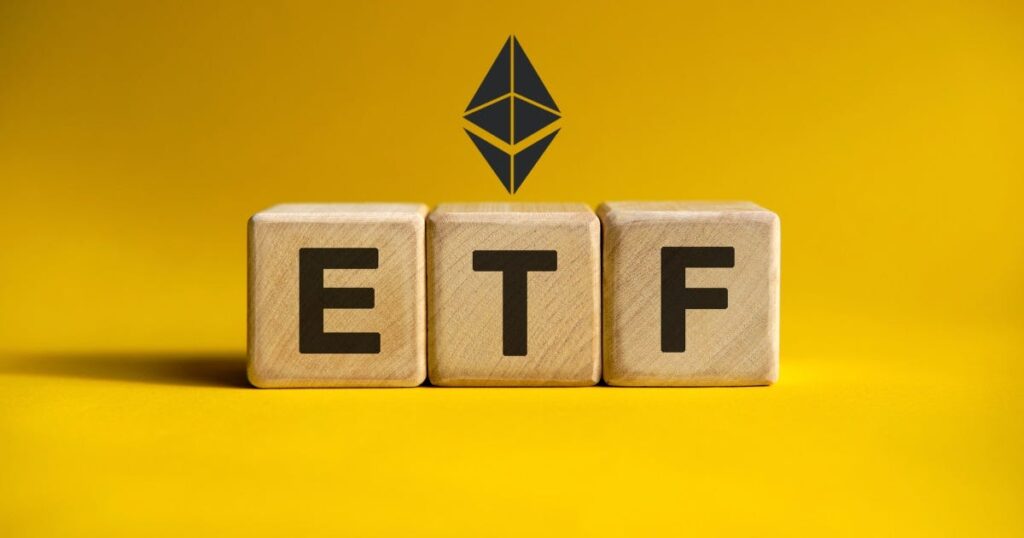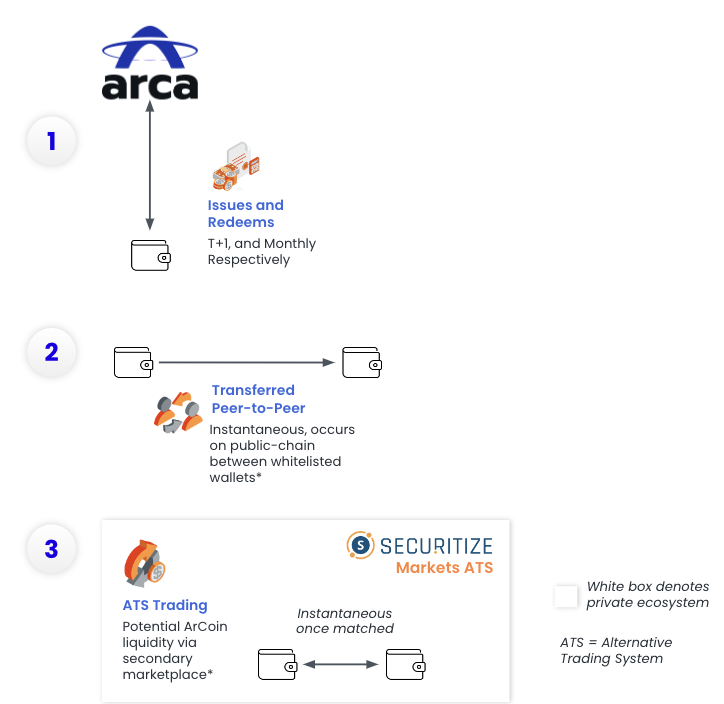Research Summary
The report discusses the potential approval of a Bitcoin spot ETF, the future of Federal Reserve’s policies, and the possibility of an Ethereum spot ETF. It also covers the U.S. government’s Bitcoin holdings, new IRS regulations for crypto transactions, and the growth of Bitget. Additionally, it provides updates on Binance and Tether’s activities, and the anniversary of Bitcoin’s genesis block.
Key Takeaways
Federal Reserve’s Future Policies
- Uncertainty Surrounds Future Policies: The Federal Reserve’s minutes reveal differing views among officials on inflation and interest rate cuts. The minutes highlight the high uncertainty surrounding future Fed policies and keep the option of raising interest rates open. The next Fed policy meeting is scheduled for January 30–31, 2024.
Bitcoin Spot ETF
- Potential Approval: The U.S. Securities and Exchange Commission (SEC) held meetings with officials from major exchanges to discuss the potential approval of a Bitcoin spot ETF. While a final decision has not been made, there are rumors that the SEC may start notifying issuers of approval from this Friday, with trading potentially commencing as early as next week.
Ethereum Spot ETF
- Possible Debut: Bloomberg ETF analyst James Seyffart suggested that the SEC’s approval of Ethereum futures ETFs last year hinted at accepting ETH as a commodity, indicating the possibility of introducing an ETH spot ETF this year. The SEC’s final decision deadline for VanEck, ARK 21Shares, and Hashdex Ethereum spot ETFs is set for May 2024.
U.S. Government’s Bitcoin Holdings
- Significant Holdings: The U.S. government currently holds Bitcoin valued at approximately $8.3 billion, an increase of $3.3 billion in less than three months. If the U.S. government chooses to hold all the seized bitcoins instead of selling them, it would currently have approximately 400,000 bitcoins (worth $17.4 billion), almost double the current holding value.
IRS Regulations for Crypto Transactions
- New Reporting Requirements: The part of the Infrastructure Bill that requires many cryptocurrency exchanges and custodians to report crypto transactions over $10,000 to the Internal Revenue Service (IRS) has now become law. Brokers are also required to report individual information about transactions, including the sender’s name, address, and social security number, to the IRS within 15 days.
Actionable Insights
- Monitor Federal Reserve’s Policies: Investors should keep a close eye on the Federal Reserve’s future policies, especially regarding interest rates, as they could significantly impact the financial markets, including cryptocurrencies.
- Watch for Bitcoin Spot ETF Approval: The potential approval of a Bitcoin spot ETF could lead to significant market movements. Investors should stay informed about the SEC’s decisions and their potential impact on Bitcoin’s price.
- Consider Ethereum’s Potential: With the possibility of an Ethereum spot ETF debut this year, investors should consider the potential impact on Ethereum’s price and its role in the crypto market.
- Understand New IRS Regulations: Crypto investors and brokers should familiarize themselves with the new IRS reporting requirements for crypto transactions to ensure compliance and avoid potential penalties.
- Assess Impact of Government’s Bitcoin Holdings: The U.S. government’s significant Bitcoin holdings could influence the market. Investors should consider the potential impact of the government’s decisions to hold or sell these assets.
















